
Co-tenured lecturers are included for the first time in the draft revised Law on University Education.
Photo: Ha Anh
Co-tenured lecturers are included for the first time in the draft revised Law on University Education.
Article 29 of the draft Law on University Education (amended on October 8, 2025) of the Ministry of Education and Training stipulates the positions and titles of university lecturers.
Accordingly, university lecturers are those who teach at university educational institutions, meeting the standard training level and professional standards of teachers according to the provisions of the Law on Teachers.
University lecturers include: full-time lecturers, joint-tenure lecturers, full-time contract lecturers after retirement, and guest lecturers.
University lecturer titles include: professor, associate professor and other titles as prescribed by the Government. Of which, professor is the highest title, demonstrating capacity, scientific prestige and the role of leading expertise, exploring and creating new knowledge. Associate professor is the title next to professor, with in-depth expertise in a specific scientific field.
Compared with the current Law on University Education, co-tenured lecturers is a new concept included in the draft revised Law on University Education.
How are university lecturers currently regulated?
According to the current Law on University Education, lecturers in university education institutions are people with clear personal background; good qualities and ethics; good health to perform their duties; and qualifications that meet the provisions of this law and the regulations on organization and operation of university education institutions.
Lecturer titles include: teaching assistant, lecturer, senior lecturer, associate professor, professor. Higher education institutions appoint lecturer titles according to the provisions of law, regulations on organization and operation, regulations on job positions and employment needs of higher education institutions.
The minimum qualification for a university lecturer is a master's degree, except for a teaching assistant; the minimum qualification for a master's or doctoral lecturer is a doctorate. Higher education institutions give priority to recruiting people with doctoral degrees as lecturers; develop and provide incentives to leading professors to develop training programs.
What is a co-teacher?
Co-staff lecturers are understood according to the concept of "co-staff teachers" in Article 66 regulating teachers in educational institutions in the national education system of the draft law amending and supplementing a number of articles of the Law on Education.
Accordingly, teachers in educational institutions in the national education system include: permanent teachers, co-permanent teachers, full-time contract teachers after retirement and guest teachers.
In which, a permanent teacher is a teacher who is recruited and works full-time at only one educational institution.
A co-tenant teacher is an official of a public science and technology organization assigned to teach and educate as a full-time lecturer at a public educational institution.
A full-time contract teacher after retirement is a retired teacher who is signed a full-time labor contract by an educational institution to perform the duties of a teacher.
A guest lecturer is a person invited by an educational institution to teach at least one subject, module, course, topic or content in an educational program or training program implemented by the educational institution. Guest lecturers include: guest teachers and guest lecturers.
Regular teachers shall comply with the provisions of the Law on Teachers. The Minister of Education and Training shall provide detailed regulations on full-time contract teachers after retirement and guest teachers; and shall prescribe standards and working regimes for joint regular teachers. The Government shall prescribe conditions, management, and implementation of regimes and policies for joint regular teachers.
Source: https://thanhnien.vn/quy-dinh-moi-ve-giang-vien-dh-lan-dau-co-khai-niem-giang-vien-dong-co-huu-185251019163240994.htm










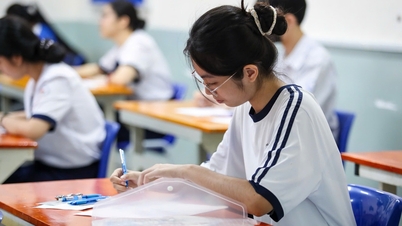
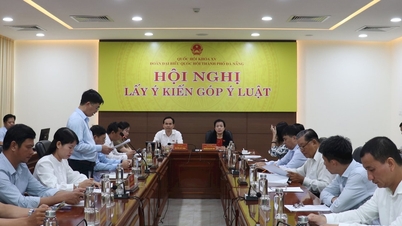

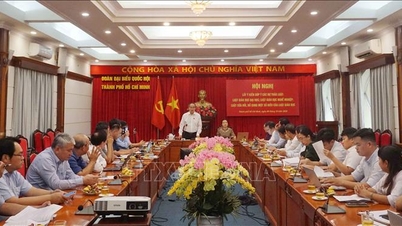

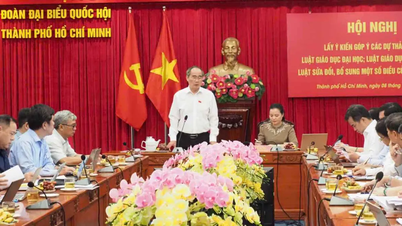








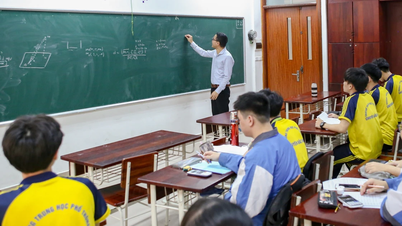


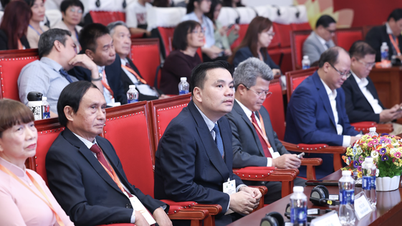





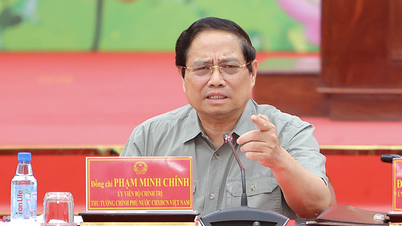


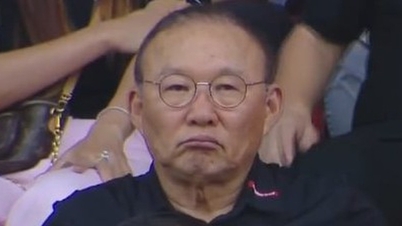
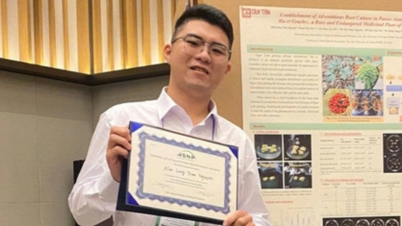


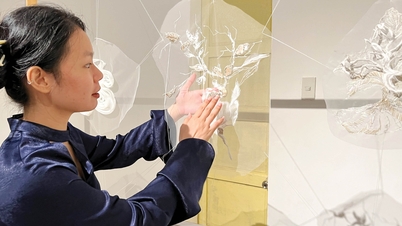

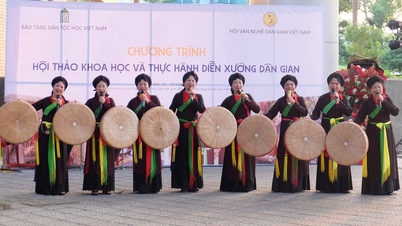











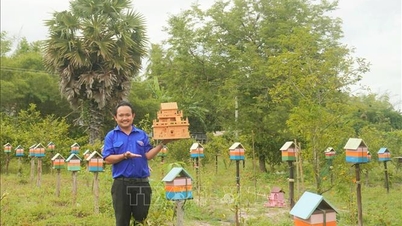
















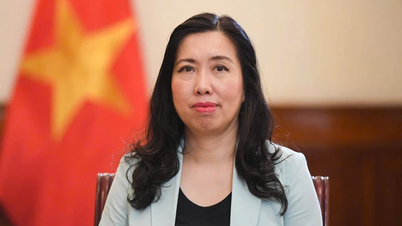





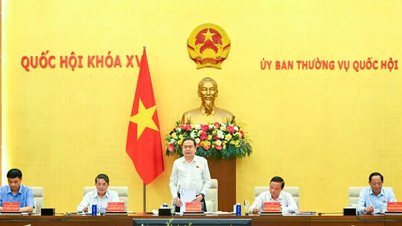


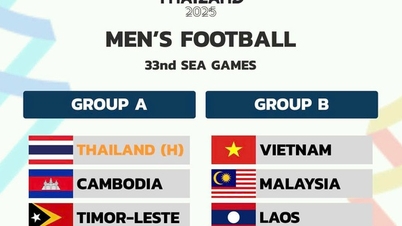

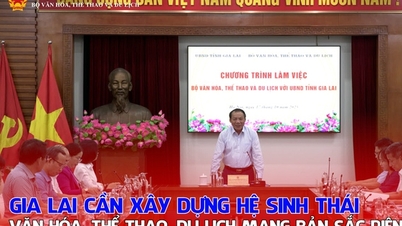




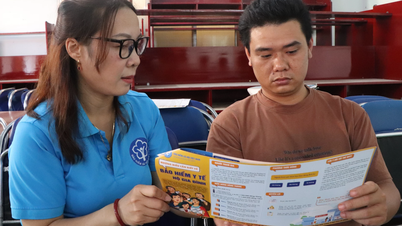



















Comment (0)